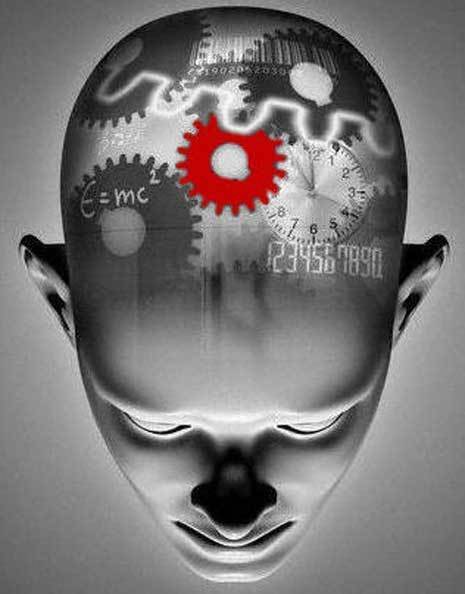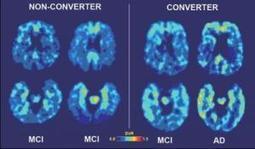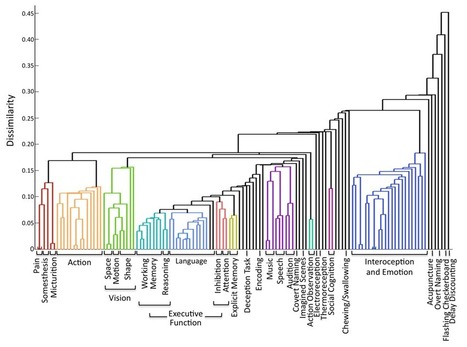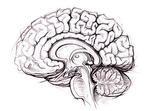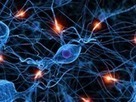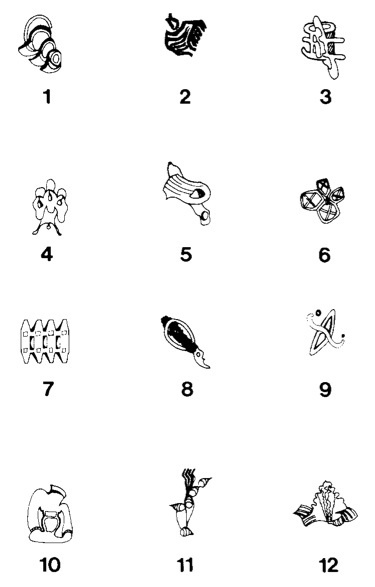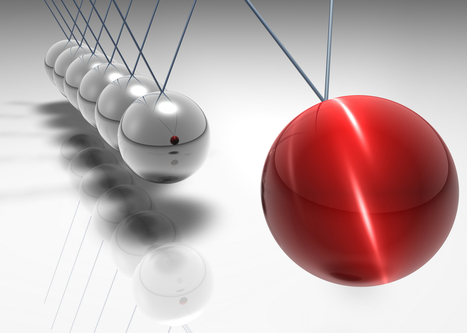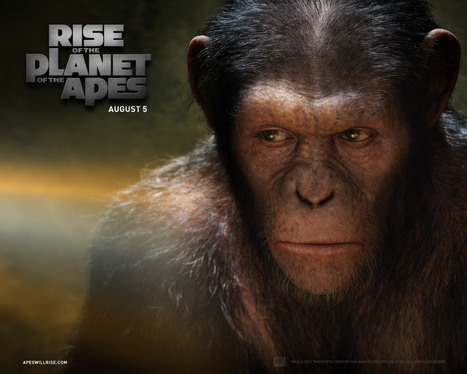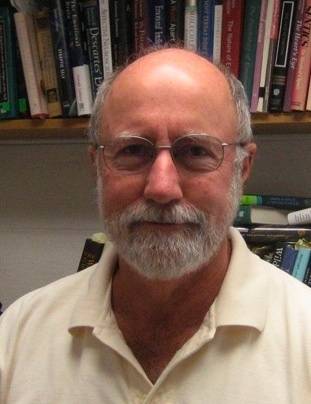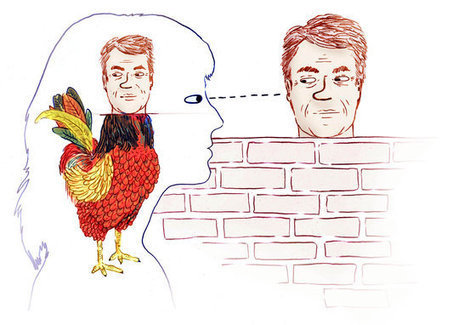Two researchers have provide preliminary evidence that listening to Mozart can help us cope with cognitive dissonance—that intense feeling of discomfort that arises when we realize two of our core beliefs are at odds.
Research and publish the best content.
Get Started for FREE
Sign up with Facebook Sign up with X
I don't have a Facebook or a X account
Already have an account: Login

 Your new post is loading... Your new post is loading...
 Your new post is loading... Your new post is loading...
|
|






